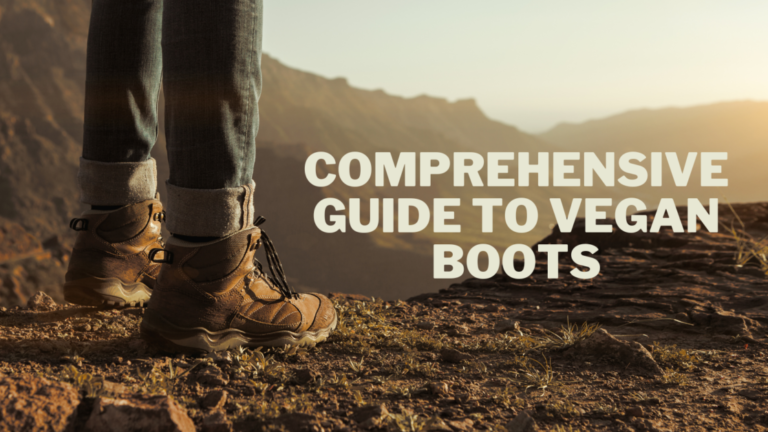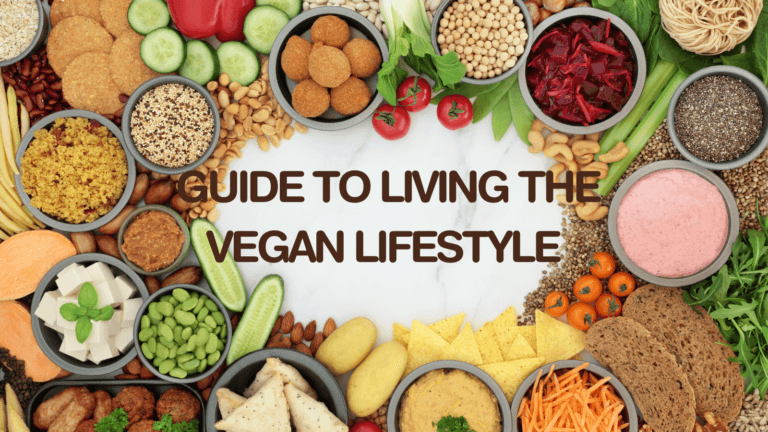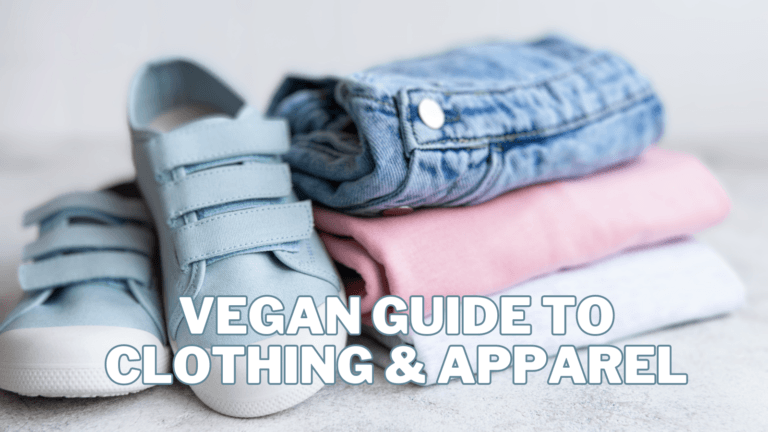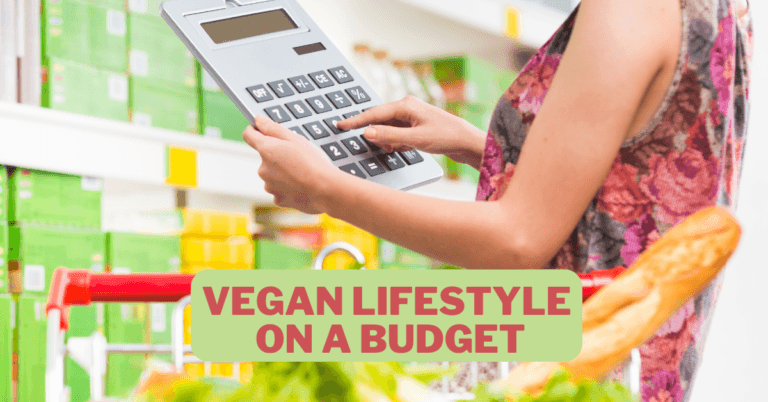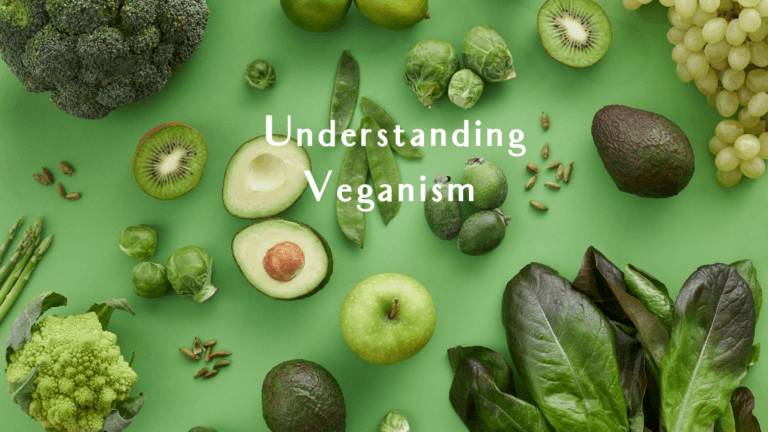14 Best Vegan Lifestyle Tips For Beginners
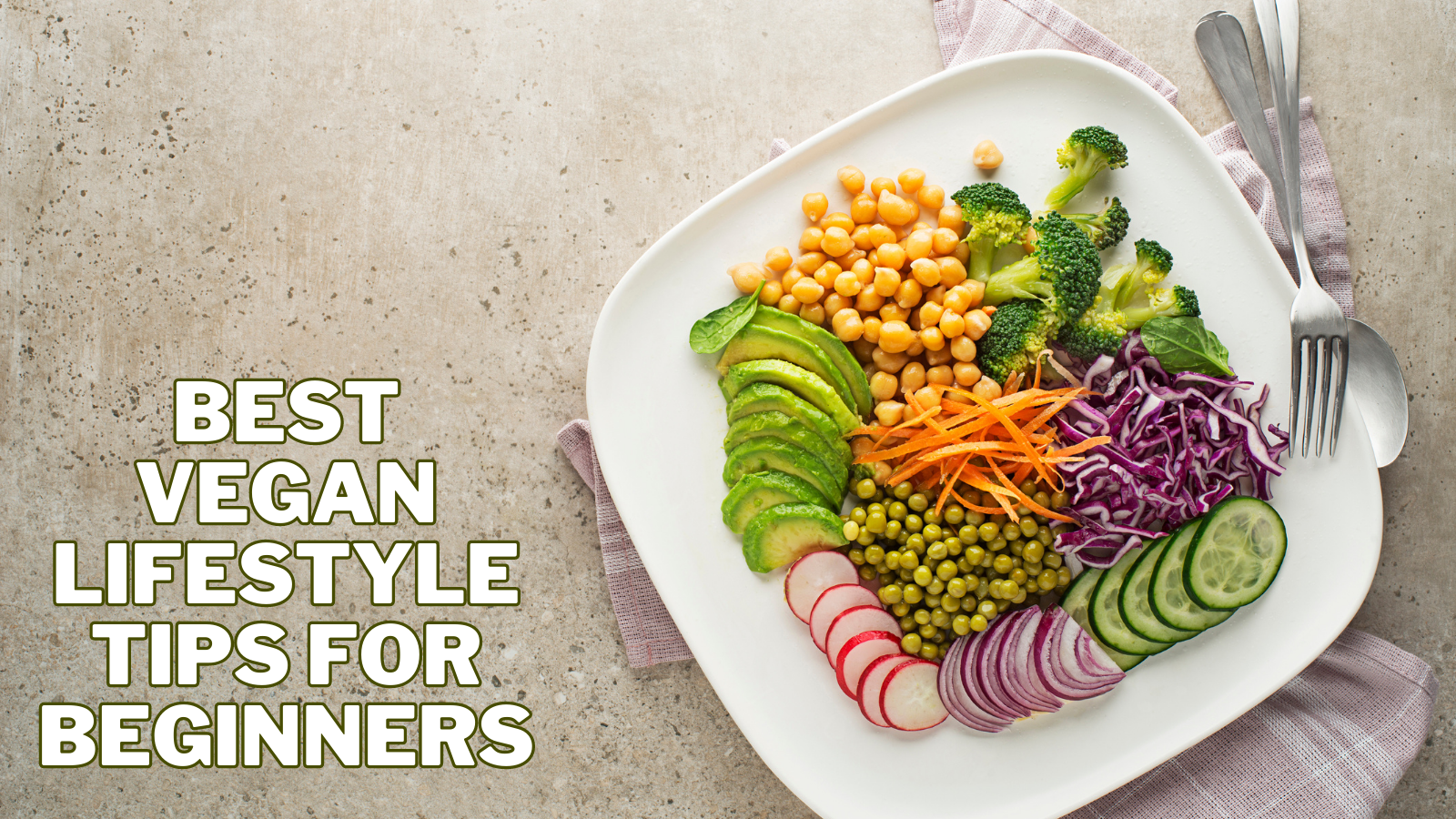
14 Best Vegan Lifestyle Tips For Beginners
The term ‘vegan' has recently gained popularity. Vegan foods and goods are popping up everywhere, from food trucks to supermarkets to Michelin-star restaurants, bringing veganism's potential health and environmental benefits to the attention of an increasing number of individuals.
It's been the subject of several documentaries and celebrity endorsements from Bill Clinton and Ariana Grande. Veganism is gaining popularity as social media makes sharing, liking, buying, or trying new things easy.
If all of the press has piqued your interest in going vegan, but you're not sure what that entails (or where to begin), you've come to the perfect spot.
Continue reading for an in-depth look at Vegan Lifestyle Tips For Beginners, its benefits, and some useful resources to get you started.
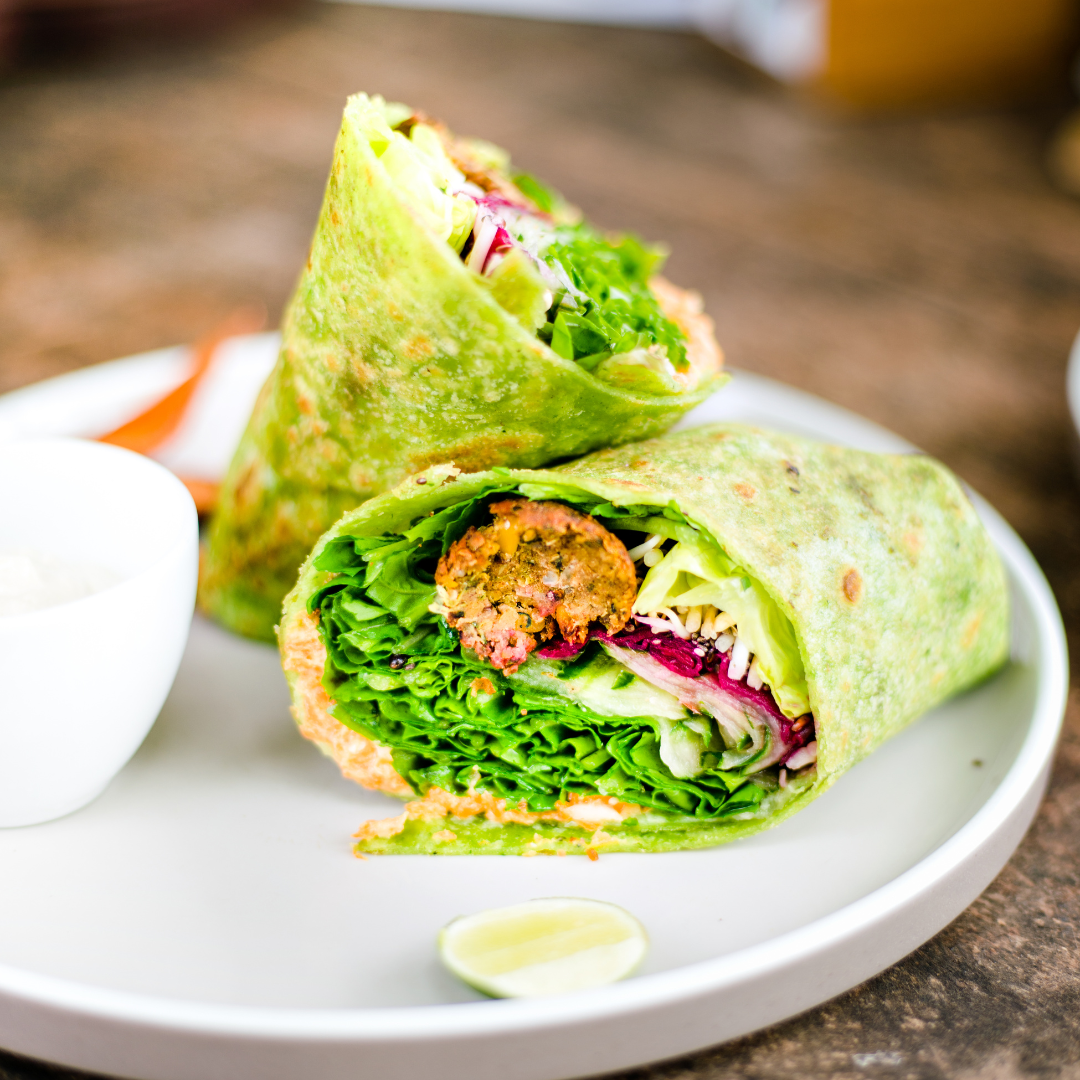
The Deep Meaning Of Veganism
Vegan and vegetarian diets do not allow meat or fish. Vegan diets, on the other hand, go a step further by eliminating all animal-derived foods.
So, in addition to not eating meat, vegans shun dairy products, eggs, and honey. Vegan foods also never contain animal agriculture byproducts like fat, whey, or gelatin.
In comparison to a vegetarian diet, a vegan diet offers numerous benefits. Vegan diets eliminate all forms of exploitation of farm animals, whereas vegetarian diets only lessen it.
Vegan diets may have health and environmental benefits when compared to diets that include dairy and eggs. Many vegetarians eventually decide to go vegan for these reasons.
Veganism is surprisingly easy to achieve. Take a look at the huge selection of vegan dishes available:
- Vegetables,
- Pasta and bread,
- Berries and fruits,
- Rice, wheat, and other grains are only a few examples.
- Tofu, beans, and tempeh
- Plant-based milk (soy, coconut, rice, almond, peas, nut, hemp, etc.),
- Nuts and seeds
You won't miss any of your favourite treats, either. Many of the most well-known chocolate, wine, and beer companies are vegan. You can even get fantastic dairy-free coffee creamers.
Vegan dinners abound in all of the world's great cuisines. Whether you're a lifelong vegan or just trying it out for a few weeks, you'll never go hungry.
What Are The Benefits Of Becoming A Vegan?
Veganism is largely for the benefit of animals, but additional advantages may persuade you to consider it!
1. Animal Protection
By being vegan, you help reduce the number of animals hurt or exploited. It may not appear like a single individual can make a difference, but you can!
2. For Your Health
Well-planned vegan diets adhere to healthy eating rules and provide all the nutrients our bodies require. They are suitable for people of all ages and stages of life, according to the British Dietetic Association and the American Academy of Nutrition and Dietetics.
Vegan diets have been associated to lower blood pressure and cholesterol, as well as lower incidences of heart disease, type 2 diabetes, and various cancers, according to several studies.
Veganism is an excellent way to improve your diet while learning more about nutrition and cooking. Plant-based nutrition allows you to include more health-promoting items in your diet, such as whole grains, fruit, nuts, seeds, and vegetables, which are high in important fiber, vitamins, and minerals.

3. Environment Friendly
We're all aware of methods to live a greener life, from recycling our household trash to cycling to work. One of the most effective strategies to reduce one's carbon footprint is to avoid all animal products. This is much more than just a case of cow feces!
4. Stronger Nails And Healthier Hair
Who doesn't want their hair to be shinier and their nails to be stronger?
Many people claim to have stronger, healthier nails and faster hair development when they follow a vegan diet. This is because fresh vegetables and fruit contain many nutrients and antioxidants that help strengthen nails and hair growth. Therefore living a vegan lifestyle has a lot of ‘beauty' benefits.
5. Reduces Pollution Of Water
More than the feces of factory farms poison the air. Because of inappropriate animal waste management, the water surrounding factory farms can get contaminated.
Because our waterways are interconnected, pollution can spread to marine habitats, where rivers and streams flow into the sea. This has been connected to dead zones in ocean environments, such as the Gulf of Mexico, which has some of the world's largest dead zones.
6. Reduces Deforestation
Factory farming causes deforestation in two ways: by clearing forests to make room for vast mono-crops like wheat, corn, and soy that feed animals confined within concentrated animal feeding operations (CAFOs), and by clearing forests to make room for vast mono-crops like wheat, corn, and soy that feed animals confined within concentrated animal feeding operations (CAFOs).
According to the World Bank, factory farming is responsible for 91 percent of deforestation in Brazil's Amazon rainforest, an important environment that helps to sustain the global climate.
7. Reduces Body Odour
Who knew that the stuff we consume impacted how we smell? But it does!
Meat contains hormones, which can change how we smell chemically, so you'll notice a better body odour when you first break out in a sweat and smell something significantly less intense than before.
Because you eat fewer meat proteins, your odour will be half as strong as it used to be. Furthermore, because fruits and vegetables lack hormones that affect how you smell, when you switch to a vegan diet, your body odour will begin to smell more natural.
8. Reduces Menstrual Pain
Prepare to say goodbye to your monthly pain plan because a vegan diet may also help with menstruation cramps and PMS (premenstrual syndrome) symptoms.
Again, the vegan diet is abundant in fruits and vegetables, the two best culprits for reducing natural pain and inflammation.
Green leafy vegetables, nuts, seeds, bananas, and watermelon are good sources of vitamin B6, as are almonds, avocado, jackfruit, pineapple, raisins, figs and mango.
Vitamin B6 has been demonstrated to help relieve PMS symptoms when combined with magnesium, so if you incorporate many of these fruits and vegetables into your diet, you'll notice a reduction in menstruation symptoms almost immediately (ideally within the first month).
Also, if you get severe cramps every month, eat more bananas, oranges, brown rice, almond butter, broccoli, spinach, and even dark chocolate, since they are among the greatest foods you can eat and are widely suggested to ease discomfort and mood fluctuations connected with PMS.
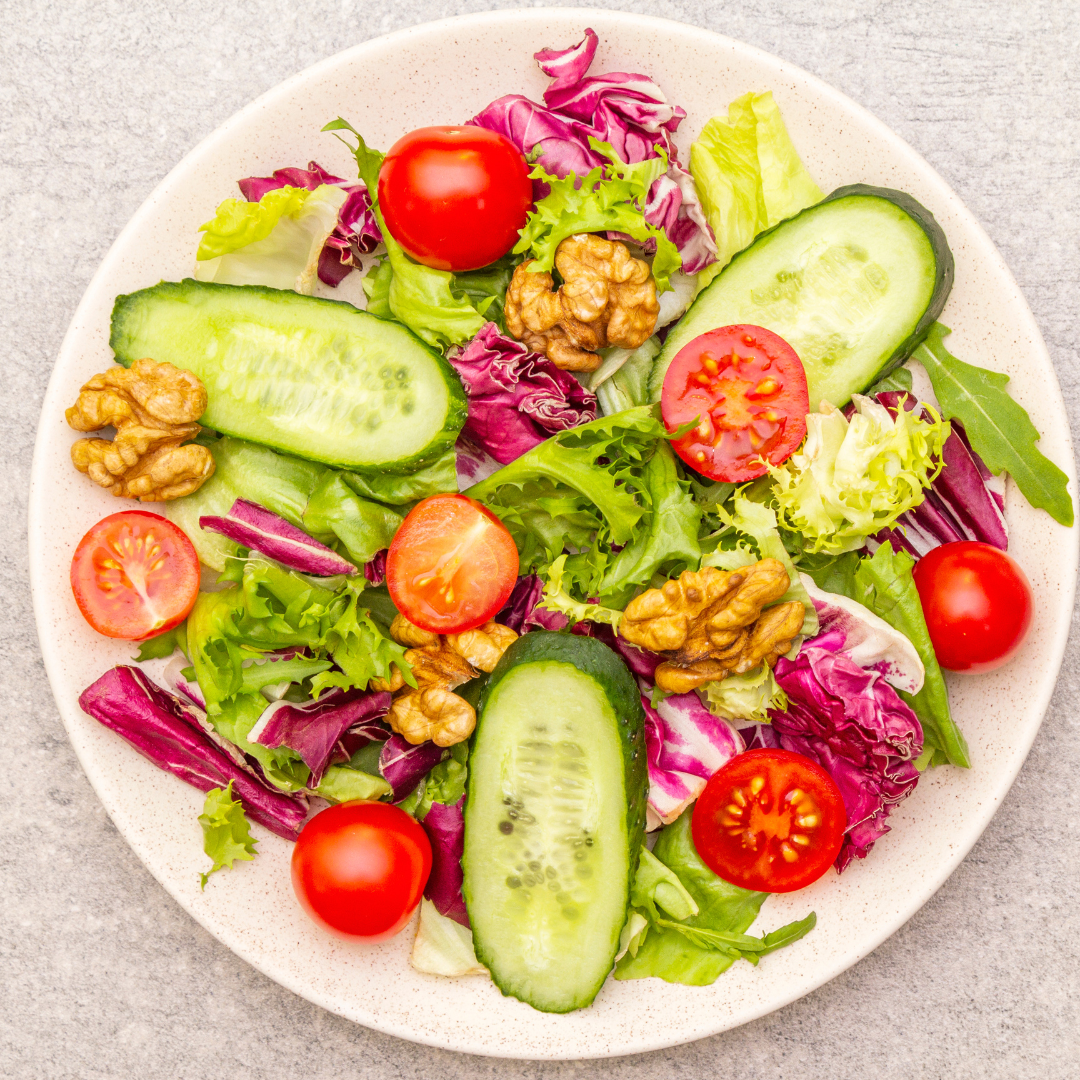
Categories Of Vegans
Vegans, like most individuals, are not a monolithic bunch. There are many different sorts of vegans, each with their own set of principles, goals, and restrictions:
1. Dietary Vegans
Vegans are vegetarians who avoid eating any animal products for health reasons. Animal goods, like apparel, furniture, and cosmetics, may still be used in various fields. Even among dietary vegans, however, there are different levels of strictness. For example, some people will eat non-organic sugar or honey, while others will avoid it completely.
2. Ethical Vegans
While dietary vegans may be motivated by a desire to live a compassionate lifestyle free of animal exploitation, ethical vegans are motivated by a desire to live a compassionate lifestyle free of animal exploitation.
Ethical vegans avoid wearing wool, silk, or leather, visiting zoos/aquariums, and using cosmetics that contain animal components in addition to their diet. Vegans think that humans should not take from animals simply because they can.
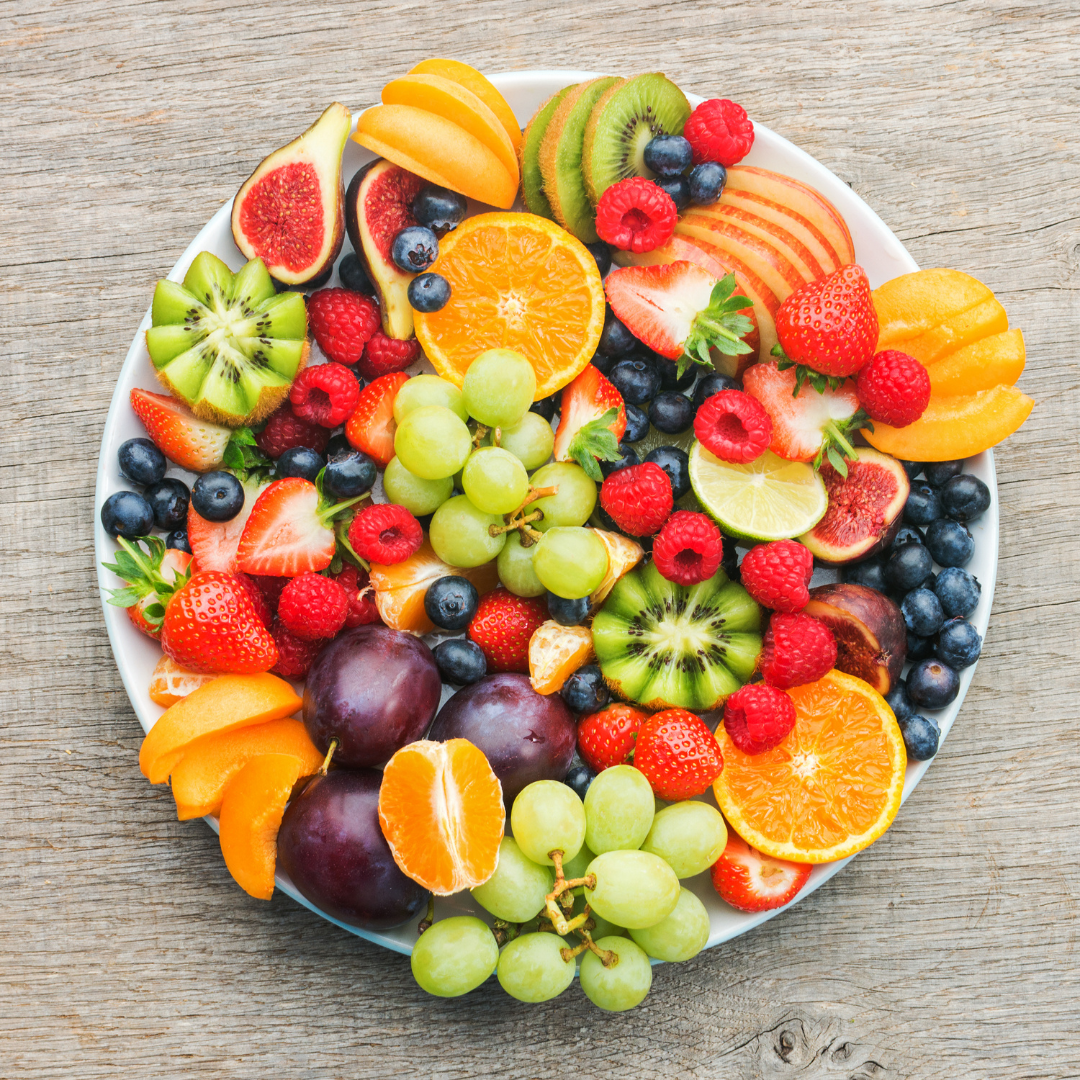
3. Raw Vegans
This subset of vegans consumes only fruits, vegetables, nuts, seeds, and grains that have not been roasted above 115 degrees. The goal of a raw vegan is to consume foods as close to their natural state as possible.
Phew! That may appear to be a lot of jargon, but the point is that veganism can mean different things to different people. If you're considering being vegan, we recommend that you consider why you want to go vegan (e.g., for health reasons, ethical reasons, to protect the environment, etc.) and then consider what limits you want to place on your diet and lifestyle to help you achieve those goals.
Regarding food, it's crucial to remember that every little amount helps. Even if you only eat vegan for a day or two a week (Meatless Mondays, anyone? ), you may still positively impact your body and the environment.
Do Vegans Get Enough Protein In Their Diet?
One of the most prevalent concerns among vegan newcomers is whether they can get enough protein without eating meat. Rest assured, getting enough protein from plant-based meals is entirely achievable.
The amount of protein you require is determined by various factors, but numerous high-protein plant-based meals can help you meet your daily protein requirements. You can always supplement with vegan protein powder if you need more protein for working out or health reasons.
Protein can be found in any plant-based diet, however here are a few of the higher protein plant-based sources:
- Seitan,
- Hemp seeds
- Chia seeds
- Flax seeds
- Nut butter
- Brown rice
- Quinoa
- Barley
- Oats
- Lentils
- Chickpeas and other beans
- Tofu, Tempeh, and Edamame
Certain packaged vegan foods, such as vegan burgers, sausages, and other “fake meats,” can also provide a lot of protein. I recommend you only eat a few of these because they are unhealthy. So eat them occasionally, but don't rely on them as a source of protein regularly.
Vegan Lifestyle Tips For Beginners
1. Begin By Keeping An Open Mind
There's no better way to ensure failure than to approach it with a negative attitude. Unfortunately, many people find this difficult to accomplish.
If you believe that turning vegan will be a punishment or that you will not be able to sustain it, you are correct, and you will not be able to sustain it.
2. Make Sure Your Pantry Is Stocked
Once you've figured out what you can eat as a vegan, it's a good idea to stock up on vegan foods, so you'll always have something to eat when you're hungry.
You may want to exclude all non-vegan foods from your diet if you are very devoted. If you decide to do this, I recommend gifting it to friends or family members to avoid wasting food.
It may be more difficult if you live with someone who isn't vegan, but it will be easier to keep to your vegan diet if you have all of your vegan food on hand.
3. Make A Meal Plan
Some people manage well without meal planning, but it can help you stay on track initially. It's even good to jot down a basic concept of your consumption.
Breakfast with tofu scramble, lunch with collard wraps, a snack with veggies and hummus, and dinner with chickpea curry. Then, at the start of each week, you may buy everything you'll need and batch-cook certain dishes.
4. Study Of Plant-Based Food Nutrition
Many people begin their vegan journey without understanding what nutrients they require or what supplements they should take. No matter what diet you follow, you risk developing deficiencies if you don't consume well-balanced meals.
5. Figure Out What Supplements To Take
Many vegans have questions about which vitamins they should use. You'll almost certainly need a B12 vitamin, but you won't know for sure unless you have blood testing done.
Start taking supplements if you have any deficiencies, and have your blood examined again in 3 months or so to be sure the supplements are working.
6. Allow For Additional Time
As previously stated, practically everything we accomplish initially is more difficult and time-consuming. Set aside some additional time for the first few weeks when preparing meals or snacks. During the first several days, be patient. Either we get faster, or things get easier, sooner or later!
7. Slowly Add The Legumes
We'll want to start slowly while eating more beans and lentils for our stomachs. We'll have gas and indigestion if we go from nothing to a cup or more daily.
We suggest starting with 2 tablespoons daily and progressively increasing to 14 cups, 12 cups, full cups, or whatever amount is required. The discomfort of gas and bloating can be alleviated by gradually increasing your intake.
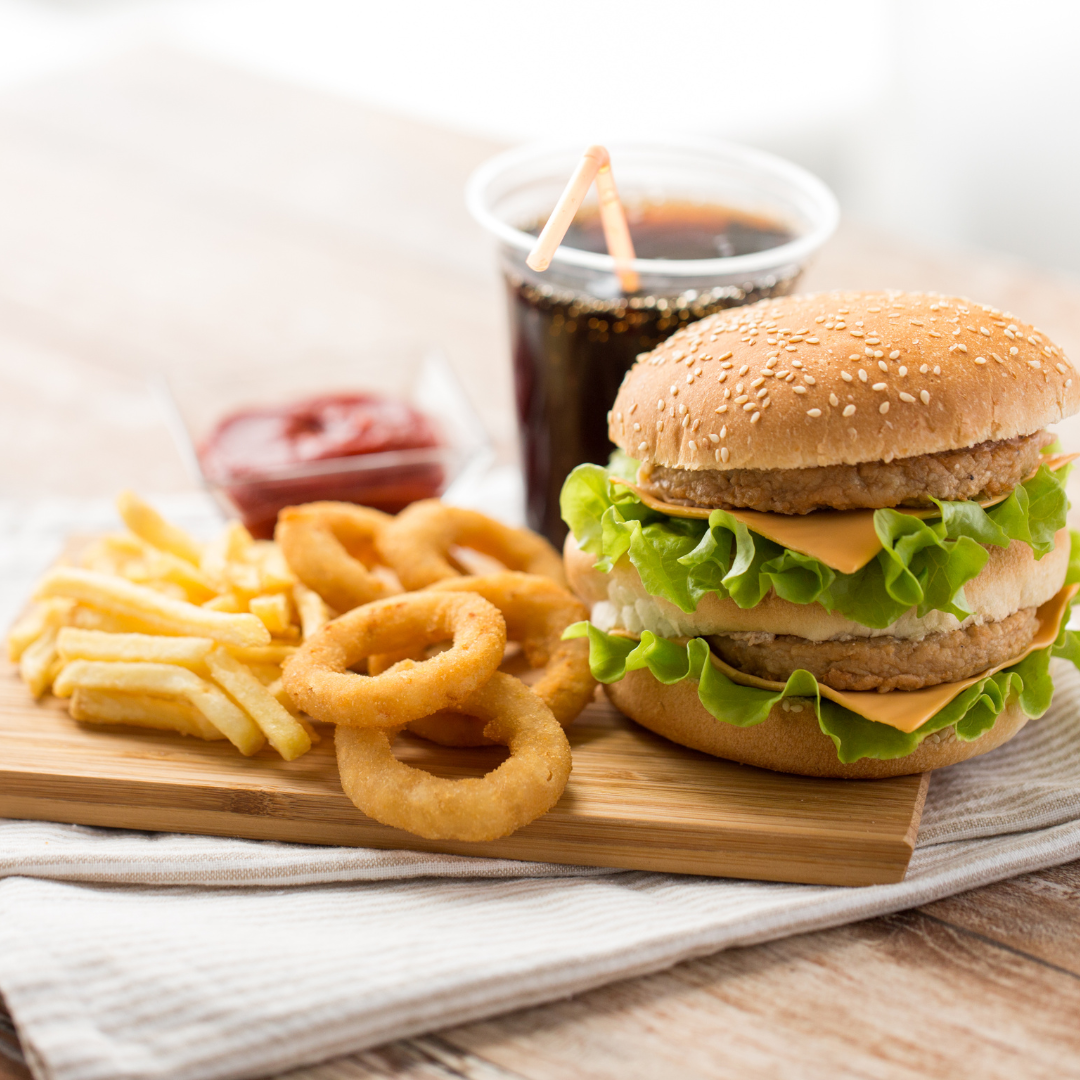
8. Avoid Processed Foods
You will not be a happy eater if all you eat as a vegan is bad frozen pizza, frozen vegan burritos, vegetable burger patties, and ready-made meals. Frozen foods are terrible enough on their own. Vegan options are dismal.
9. Take Snacks Along When You Travel
Indeed, keep snacks and emergency food on hand at all times. It's not that being a vegan makes you hungry .it's just that if you miss lunch or forget it at home, your options as a vegan on the road or in strange areas are limited. Some fresh fruit, a decent salad, or even trail mix can be useful in certain cases.
10. Don't Pass Judgment On Others
So you don't agree with someone else's choice of lifestyle. So, what's the point? You, too, aren't flawless. Teaching by example, rather than lecturing, is the most effective way to help others and win them over.
Bring vegan food or have a vegan dinner prepared for them. If you want to adjust while keeping your friends, you must recognize that not everyone is at the same point in life as you are, and not everyone shares your values.
11. Pay Attention To Your Hunger Signals
Plant-based foods provide more bulk for fewer calories. It's usual to have more frequent hunger pangs. At PUL, we believe in honouring our hunger.
This means that even if we've just finished a large bowl of food and are still hungry, we'll eat until we're satiated. It may take some time to adjust, but our bodies are amazing at changing and regaining balance.

12. Spread The Word With Kindness
In plant-based nutrition, there is a lot of judgment and criticism, as much as we would for it to be otherwise. “If you eat fish, then you should actually call yourself a vegetarian,” we could hear or read. “If you eat honey, you aren't a vegan,” for example.
This may be correct according to rigorous criteria, but all that matters is that we try our best, especially when we're just starting.
Transitioning to a plant-based lifestyle is a joyful journey that, for the most part, is a clear win over doing nothing. For those who already live a plant-based diet, we challenge you to show compassion to all people, whether they are vegan or not. Answer questions honestly and openly. Lead by example and avoid putting people under pressure or making them feel inept.
13. Search For Vegetarian Garments
Vegans try to avoid animal-derived fabrics and materials as much as possible. The following are some of the most prevalent materials to avoid: Wool, Silk, Fur, Leather, Cashmere, Down, and Suede.
14. Search Vegan Makeup
There are a lot of makeup companies that are 100% cruelty-free today, but not a lot of the bigger companies are completely vegan. They usually offer a few vegan products, so check the labels on cruelty-free makeup to be sure it's vegan!

Conclusion
As you can see in this article, veganism is good for everyone.
- It is good for our health
- It helps animals lead a cruelty-free life
- It reduces world hunger and thirst
- It reduces worldwide deforestation
- It protects the environment
- It reduces water pollution and extreme water consumption
There are numerous resources available on how to become and stay vegan. If you need more vegan lifestyle tips, follow our other blog posts.
Best Cruelty-Free Vegan Clothing Brands
I trust you enjoyed this article about the 14 Best Vegan Lifestyle Tips For Beginners. Please stay tuned for more blog posts to come shortly. Take care!
JeannetteZ
>>>Want To Become Vegan And Learn How To Create Delicious, Cruelty-Free, Healthy AND 100% Vegan Meals? Try These Amazing Vegan Cooking Courses With This Free 7-DAY MEMBERSHIP<<<
Your Opinion Is Important To Me
Are you a vegan expecting a child? Do you have any questions or ideas? I would love to hear from you. Please leave me your questions, experience, and remarks about this article on the 14 Best Vegan Lifestyle Tips For Beginners in the comments section below. You can also reach me by email at Jeannette@LivingTheVeganLifestyle.org.
Disclosure
This post may contain affiliate links. I earn from qualifying purchases as an Amazon Associate and other affiliate programs. Please read my full disclosure.
Here are links to some of my favourite articles:
10 Best Vegan Restaurants In Bern, Switzerland
37 Best Vegan Restaurants In Baden, Austria
The Ultimate Guide To 5 Days Vegan Challenge
9 Delicious Vegan Healthy Breakfast Ideas
11 Best Muscle Building Vegan Food Ideas With Recipes









